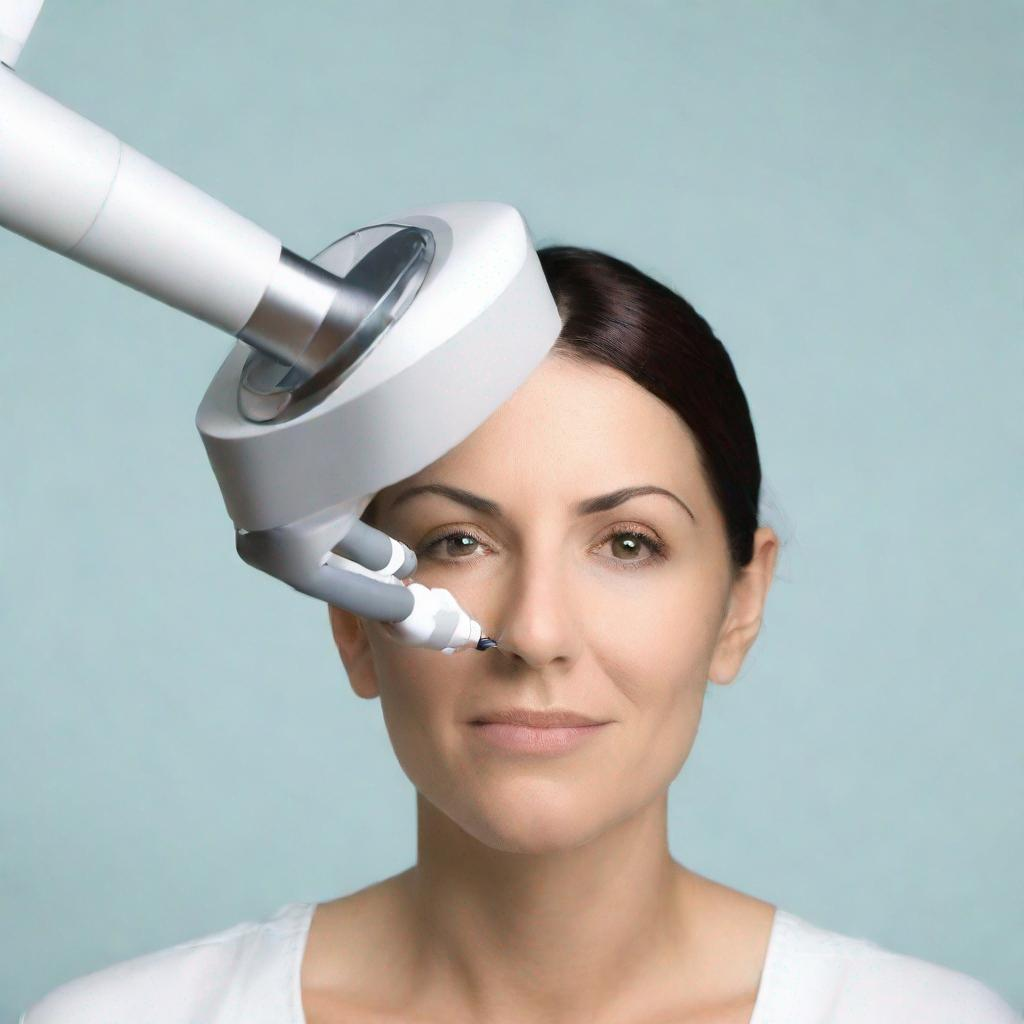## Other Nutritional Disorders: A Detailed Guide
### Introduction
Nutritional disorders encompass a wide range of conditions resulting from imbalances in the intake or utilization of nutrients necessary for proper bodily function. These disorders can manifest in various symptoms affecting different body parts. Common symptoms include fatigue, weakness, weight loss or gain, nausea, vomiting, diarrhea, constipation, skin problems, hair loss, and brittle nails.
### Diagnosis
Diagnosing nutritional disorders typically involves a nutritional assessment performed by a registered dietitian or licensed nutritionist. The assessment includes a comprehensive review of the patient’s medical history, dietary habits, and lifestyle factors. Additional tests, such as blood work, urine analysis, or anthropometric measurements, may be necessary to evaluate nutritional status and identify specific nutrient deficiencies.
### Prevention
Preventing nutritional disorders primarily involves maintaining a healthy diet that provides the necessary nutrients for optimal bodily function. Eating a balanced diet rich in fruits, vegetables, whole grains, and lean protein can help prevent malnutrition and undernutrition. Regular exercise and maintaining a healthy weight can also reduce the risk of developing overweight, obesity, or metabolic syndrome.
### Treatment
The treatment for nutritional disorders varies depending on the underlying cause and severity of the condition. Dietary modifications, including increasing nutrient intake or reducing unhealthy food consumption, form the cornerstone of treatment. In cases of severe malnutrition or specific nutrient deficiencies, vitamin and mineral supplementation may be prescribed. Other treatment options may include exercise, behavior therapy, medications, or in extreme cases, weight loss surgery.
### Complications
Untreated nutritional disorders can lead to serious complications that affect various body parts. Malnutrition and undernutrition can weaken the immune system, increase susceptibility to infections, and impair cognitive function. Overweight and obesity can contribute to heart disease, stroke, diabetes, and certain types of cancer. Vitamin and mineral deficiencies can cause vision problems, skin disorders, bone loss, and nerve damage.
### Body Parts Affected
Nutritional disorders can affect various body parts, including:
* **Gastrointestinal tract:** Malnutrition and undernutrition can cause diarrhea, constipation, and intestinal inflammation.
* **Liver:** Overweight and obesity can lead to fatty liver disease and liver damage.
* **Kidneys:** Severe malnutrition can impair kidney function.
* **Skin:** Vitamin and mineral deficiencies can cause skin problems, such as dermatitis, hair loss, and brittle nails.
* **Bones:** Osteomalacia and rickets are bone disorders caused by vitamin D and calcium deficiencies.
### Conditions Associated with Nutritional Disorders
Nutritional disorders are associated with several medical conditions, including:
* **Malnutrition:** A general term for conditions characterized by undernutrition or malnutrition of hunger.
* **Undernutrition:** A deficiency in specific nutrients that can lead to marasmus and kwashiorkor.
* **Overweight:** A condition characterized by excess body weight that exceeds healthy limits.
* **Obesity:** A severe form of overweight that increases the risk of chronic health problems.
* **Metabolic syndrome:** A cluster of metabolic abnormalities, including high blood pressure, high blood sugar, and abdominal obesity.
* **Vitamin deficiencies:** A lack of essential vitamins that can cause specific health problems, such as night blindness or scurvy.
* **Mineral deficiencies:** A lack of essential minerals that can lead to conditions like rickets or osteomalacia.
### Conclusion
Nutritional disorders are a diverse group of conditions that can significantly impact overall health and well-being. By understanding the causes, symptoms, and treatment options, individuals can take proactive steps to prevent and manage these disorders, ensuring optimal nutrient intake for a healthier life.




